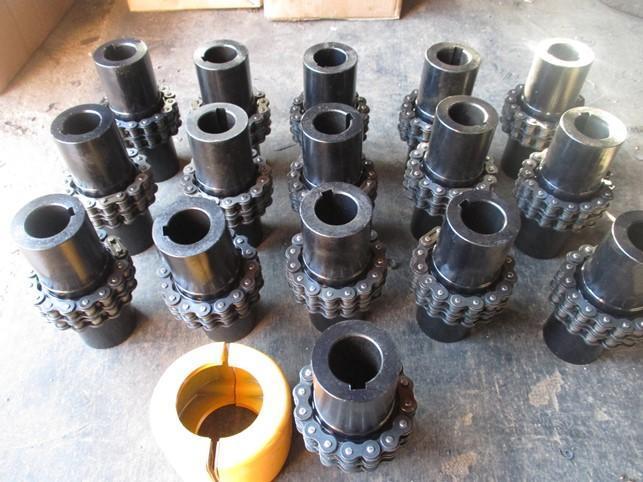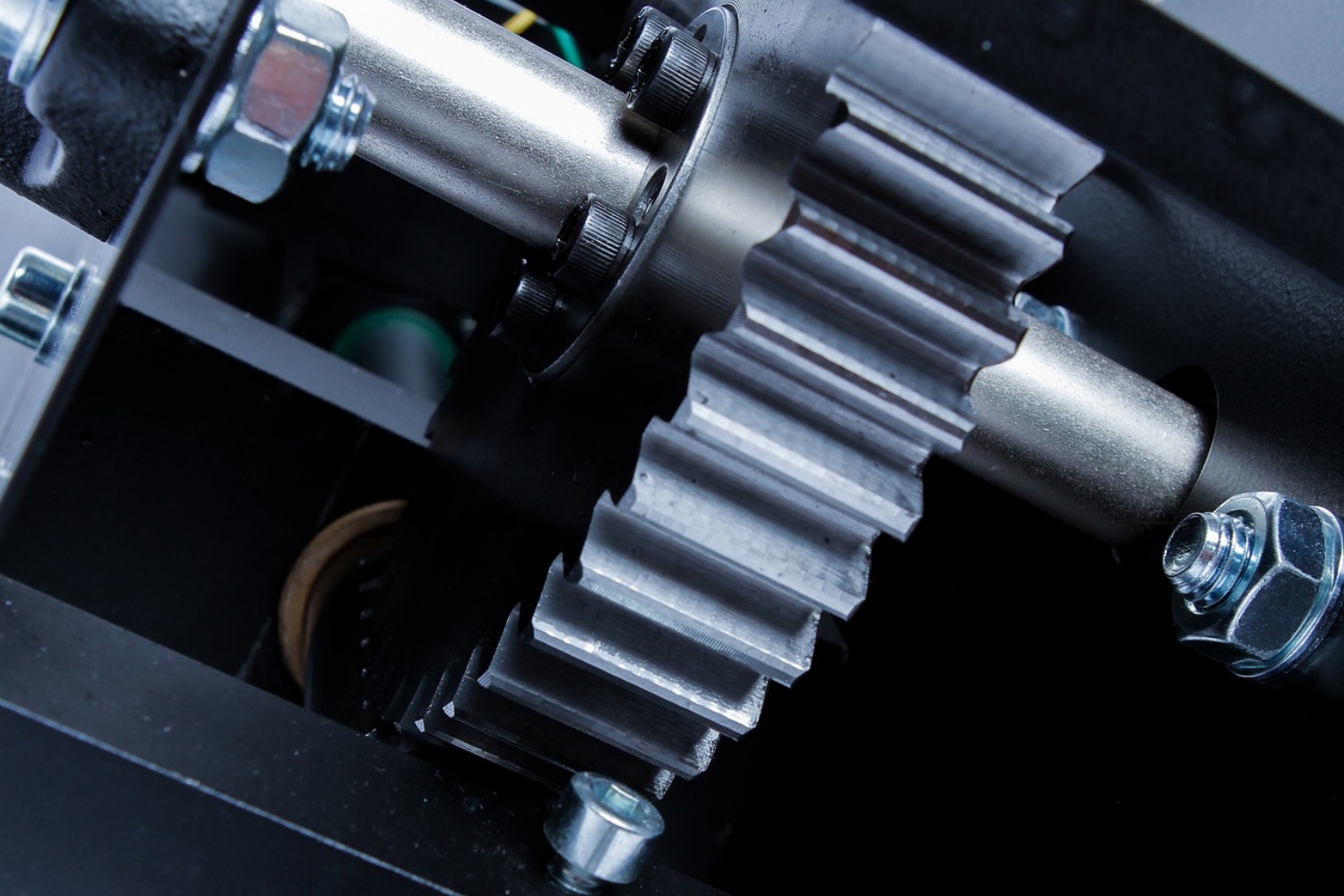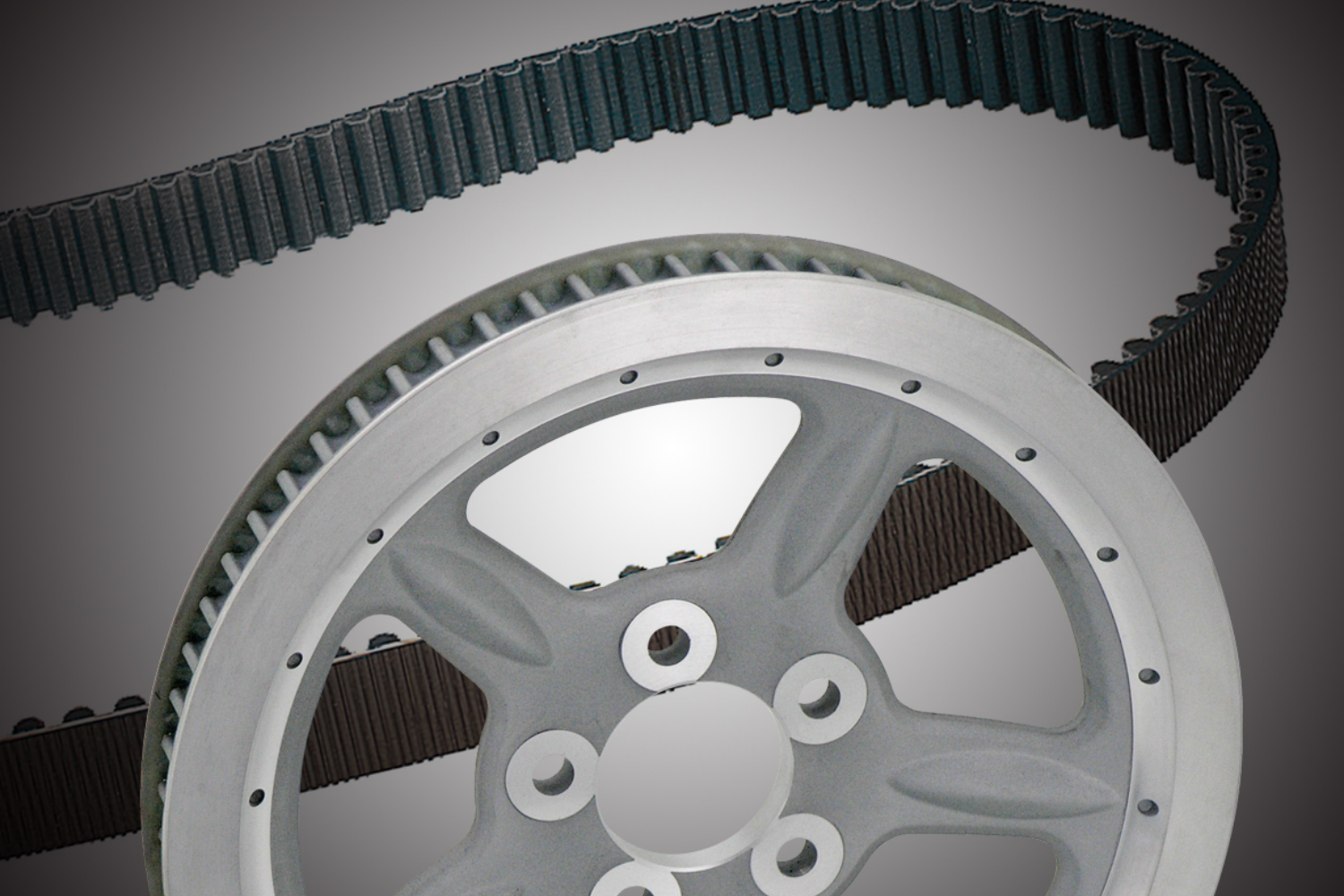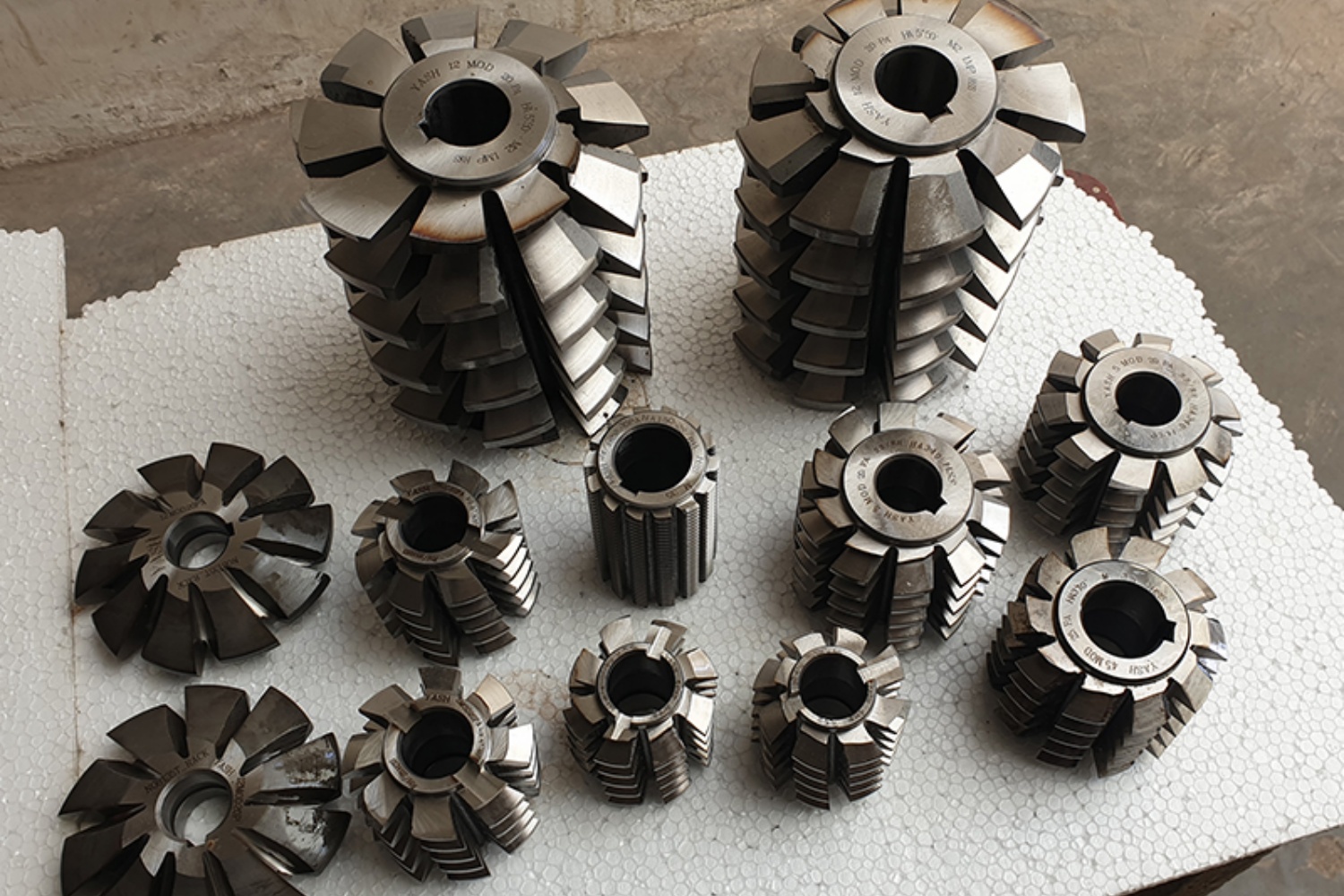Chain couplings, an integral part of industrial machinery, play a crucial role in ensuring the smooth transmission of power. Their design and precision manufacturing have evolved significantly over time, reflecting a blend of engineering art and science.The following content will help you understand the complexity of chain couplings, their importance in industrial machinery and the precision connections involved in their manufacture.
Significance of Chain Couplings in Industrial Machinery
Chain couplings are used in various types of industrial machinery, including conveyors, pumps, engines, and more. They transmit power from one component to another, ensuring that the machinery functions seamlessly. These couplings offer several advantages, including compact design, simple installation, and efficient power transmission.
Precision Linking in Chain Couplings
The precision linking of chain couplings is essential for their reliable and efficient performance. It involves meticulous attention to detail in both the design and manufacturing processes. Here are some key aspects of precision linking in chain couplings:
- Precision Engineering: The design of chain couplings requires extreme precision in engineering. The chains must be designed to exact tolerances to ensure smooth operation and minimal wear and tear. The chains must also be strong enough to handle the loads imposed on them without deformation or failure.
- Material Selection: The materials used in chain couplings must be carefully selected. They must be strong, durable, and corrosion-resistant. Materials like steel, stainless steel, and other alloys are commonly used in the manufacturing of chain couplings.
- Manufacturing Processes: The manufacturing processes used to create chain couplings must be precise and controlled. Advanced manufacturing techniques, such as precision casting, forging, and heat treatment, are essential for creating high-quality chain couplings.
- Assembly and Inspection: The assembly of chain couplings requires a high degree of skill and attention to detail. The chains must be assembled accurately to ensure proper alignment and smooth operation. Post-assembly inspection is essential to identify any defects or irregularities that may affect the performance of the coupling.
- ** Lubrication**: Proper lubrication is essential for the longevity and efficient operation of chain couplings. Lubricants help reduce friction, wear, and heat build-up in the chains, ensuring smooth operation over time.
- Maintenance and Repair: Regular maintenance and prompt repair are essential for maintaining the precision and performance of chain couplings. Regular inspection, cleaning, lubrication, and adjustment help extend the lifespan of the couplings and prevent unexpected failures.
Applications of Chain Couplings in Industrial Machinery
Chain couplings find extensive applications in various types of industrial machinery:
- Conveyors: Chain couplings are commonly used in conveyors to transmit power from one end to the other, moving materials along the conveyor belt. They ensure smooth operation and reduce wear on the conveyor components.
- Pumps: Chain couplings are used in pumps to transmit power from the motor to the pump shaft, driving the pump efficiently. They help reduce wear on the pump components and ensure consistent performance over time.
- Engines: Chain couplings are used in engines to transmit power from the crankshaft to other components, such as camshafts or balancer shafts. They ensure precise synchronization of engine components for efficient operation.
- Industrial Machinery Components: Chain couplings are also used in various other industrial machinery components, such as gearboxes, transmissions, and more. They transmit power efficiently within these components, ensuring their reliable performance over time.
The art of precision linking in chain couplings lies in the meticulous attention to detail in design, material selection, manufacturing processes, assembly, lubrication, maintenance, and repair. Through precision engineering practices, chain couplings play a vital role in ensuring the reliable and efficient operation of industrial machinery across various applications. With ongoing advancements in technology and material sciences, the design and performance of chain couplings are likely to further improve, leading to more efficient and robust industrial machinery operations.
CONTINUE READING
Related Posts
In the world of industrial manufacturing, the efficiency and reliability of transmission systems are critical to the success of any […]
In industrial settings, a smooth and quiet power transmission system is crucial for productivity, safety, and worker comfort. V Belt […]
Splines play a critical role in mechanical power transmission systems, enabling rotational motion and torque transfer between mating components. These […]





